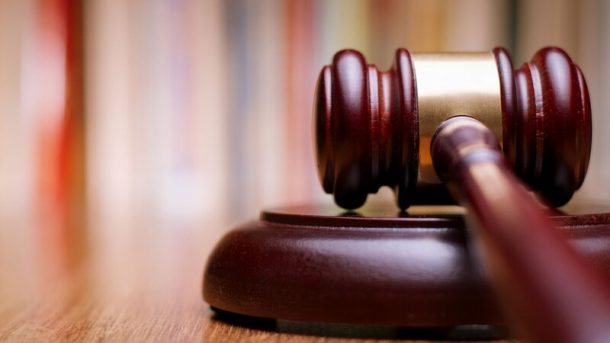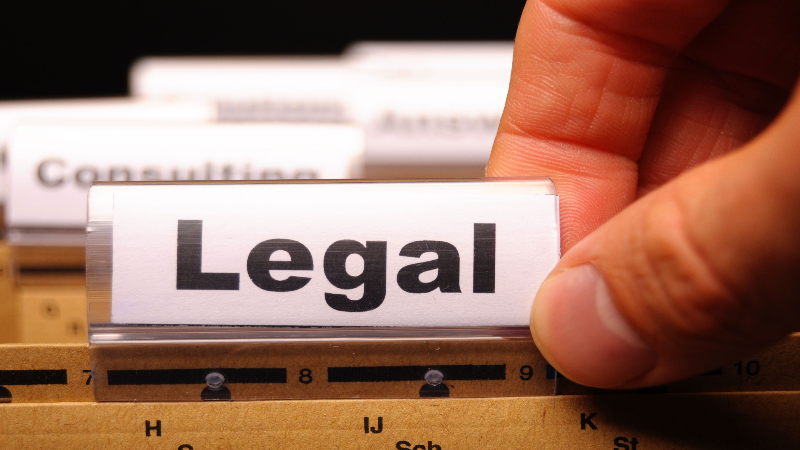After you file a lawsuit against an individual who has intentionally or negligently hurt you or your property, there is a chance that your case could end up going to trial. Keep in mind, there are some instances where these cases resolve themselves through settlements outside of court. When a personal injury case goes to court there is always a risk that you are not going to get the compensation you deserve for your injuries. Typically, the only reason why a personal injury case would go to court is if a settlement cannot be agreed on by you and the other party. In the event that your case does go to court, you are going to want to hire a Personal Injury Attorney in Cartersville, GA such as Hait, Eichelzer and Kuhn to help you with the court process.
While it is true that the basic layout and process for a personal injury case is always the same, there may be some special rules that vary based on the jurisdiction that the accident took place in. The very first part of the trial process is called the jury selection. Your lawyer and the defendant’s lawyer will select the jury members based on their life experiences and beliefs. The decision will be made based on whether or not the lawyers think the juror will be able to make a fair decision regarding your case.
Next, your Personal Injury Attorney in Cartersville, GA as well as the defender’s lawyer are going to start by making an opening statement. The statements will include all of the facts about the case as well as what evidence is going to be presented. No arguments about how the jurors should perceive the evidence is allowed to be made during the opening statements.
After the opening statements your lawyer will present your case to the jury. This includes any witnesses and details about the evidence. The defendant’s lawyer will also be given a change to defend their side of the case. The trial will be drawn to a close when your lawyer and the defendant’s lawyer give their closing statements. Finally, the jury just has to decide whether or not you should be entitled to compensation based on the information presented during the case.


